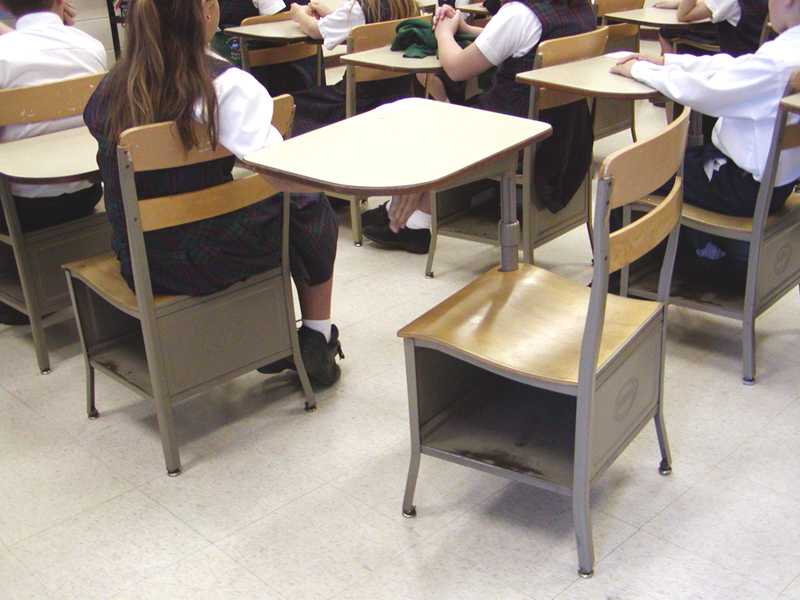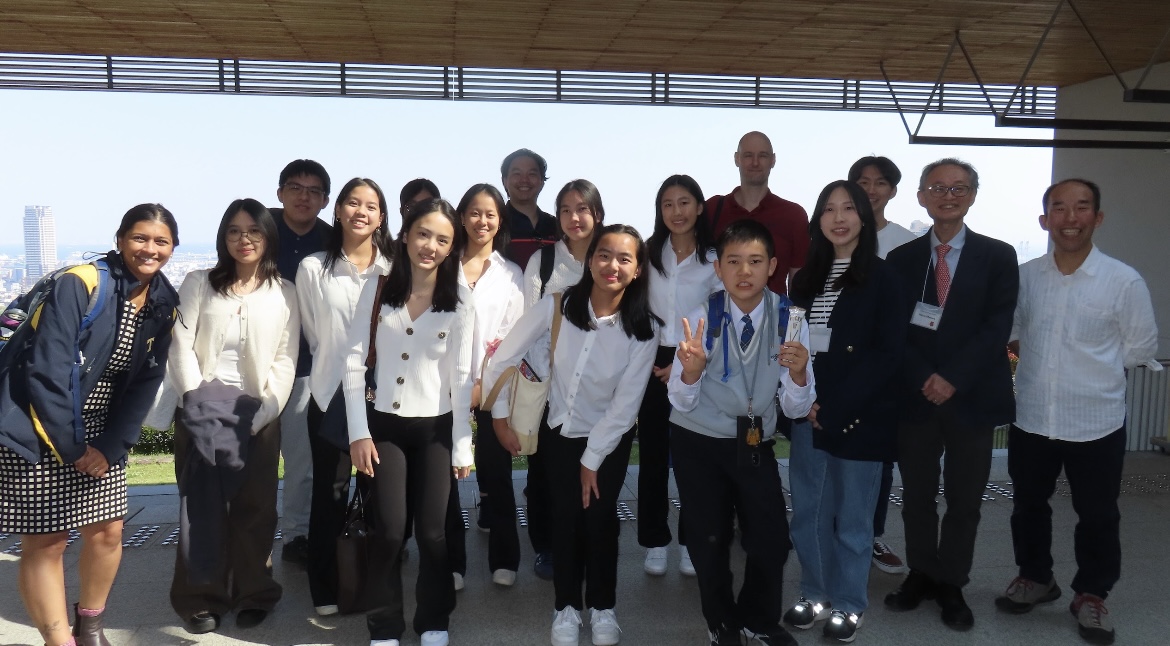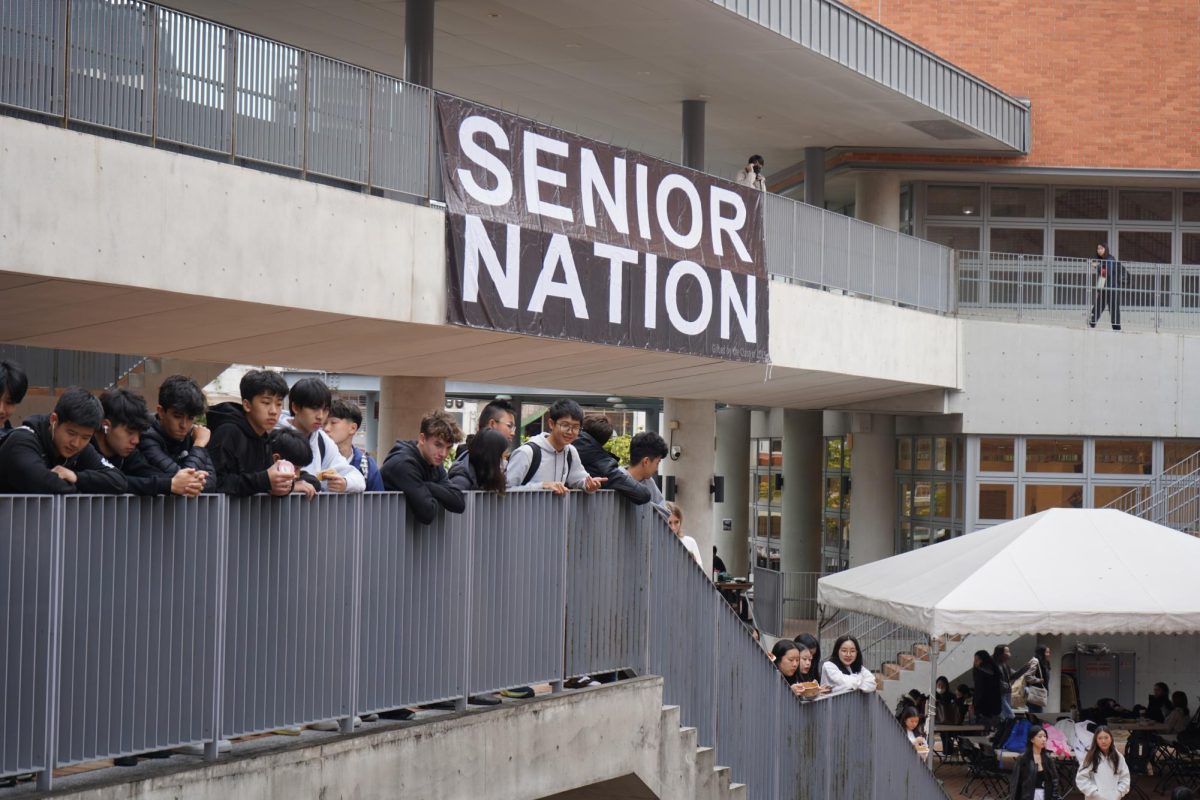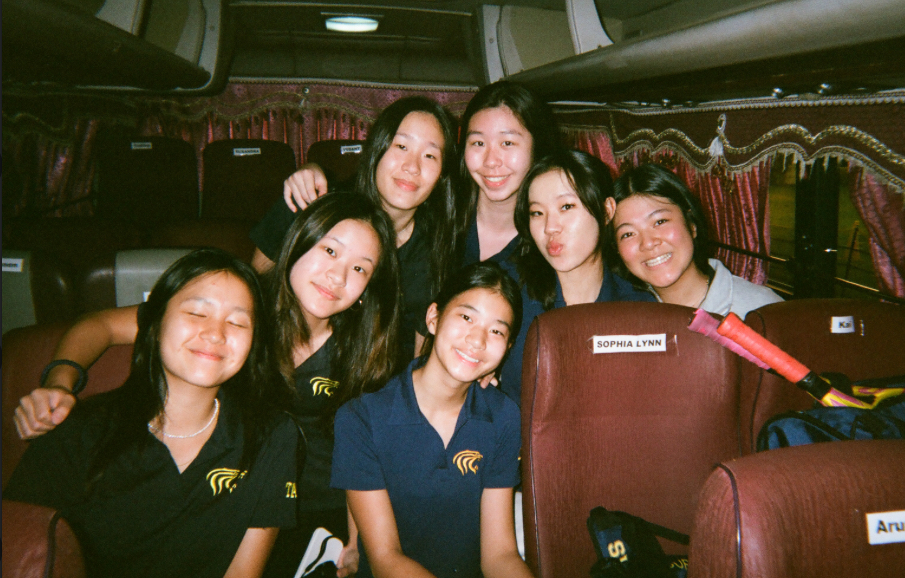From MUN to Pre-IASAS to Cambodia to Dance workshops to robotics tournaments, TAS students are constantly flitting in and out of the classroom. Teachers holding back graded assessments because “not everyone had taken the test yet” has become a common excuse.
At this point in the semester, 620 TAS Upper School students have been absent or late to at least one class period of school, leaving roughly 200 students with perfect attendance so far. Of the students who missed or were late to at least one period, students missed an average of 9.24 periods, which would equate to a little less than two full school days. According to the attendance data, the record for absences goes to one junior who has missed/was late to a total of 45 class periods, or 9 whole school days.
Do TAS students benefit from all these international trips? Almost every student who has attended a school trip will answer “yes!”
Annie C. (12), who has attended dozens of MUN and debate conferences throughout her four years of high school, argues that her frequent traveling has boosted her learning: “During my MUN and debate trips, I get truly inspired by all the brilliant people I meet…reading a textbook doesn’t really inspire me. Meeting new people does.”
Ryan T. (12) attended a Cambodian service trip last year, an experience which he said opened his eyes to the privileges we have here at TAS: “We’re fortunate enough to live comfortable lives without even thinking about how to make ends meet. This wasn’t something I truly realized until I met people who didn’t have the same luxuries I do.”
On the other hand, there are those who believe excessive traveling has done more harm than good.
Complaints about students missing too much school have actually resulted in a change to TAS sports policies. Student athletes are not allowed to miss school for any sport-related events besides IASAS events. According to the TAS Student Athlete handbook, school policy on sport-related absences is as follows: “while teachers recognize that IASAS participants need proper time to make-up work, students need to be responsible for completing work in an efficient and timely manner.”
As Ms Yonkey, Upper School Activities Director, sums up nicely: “Traveling is a great opportunity for students to explore their passions and to extend their knowledge, but it is not a replacement for classroom learning. Traveling is a privilege and as such, students need to approach their excursions with a high degree of responsibility.”
Photo Courtesy of Angela Brooks
Do Overseas Trips Broaden the Mind?
March 15, 2015
0
Tags:




![[PHOTO COURTESY OF PIXABAY]](https://blueandgoldonline.org/wp-content/uploads/2025/03/white-18227_1280-1200x803.jpg)

![[PHOTO COURTESY OF PIXABAY]](https://blueandgoldonline.org/wp-content/uploads/2025/03/fire-6706674_1280-1200x800.jpg)
